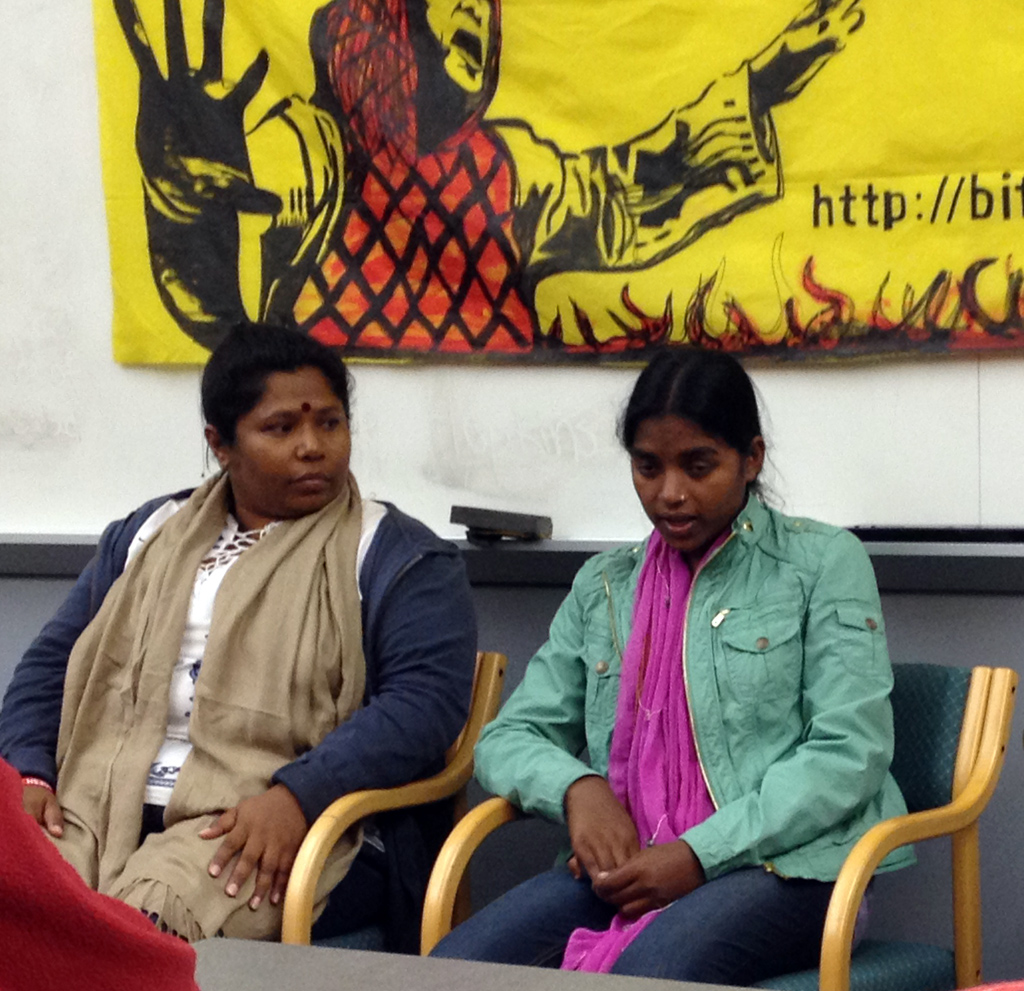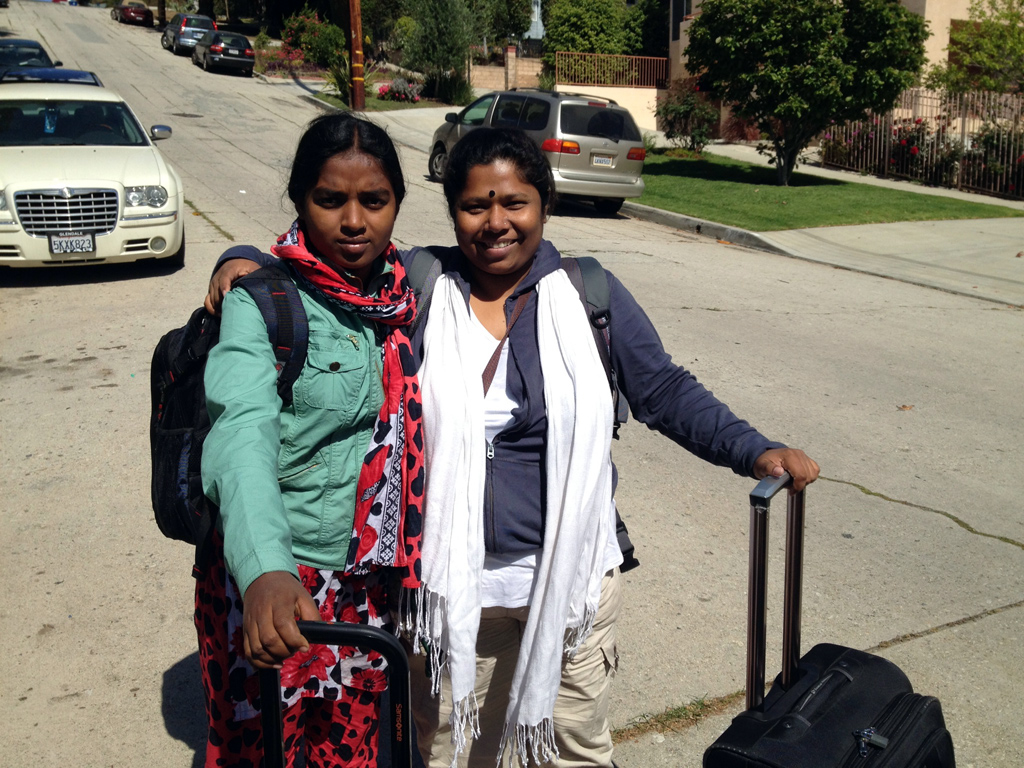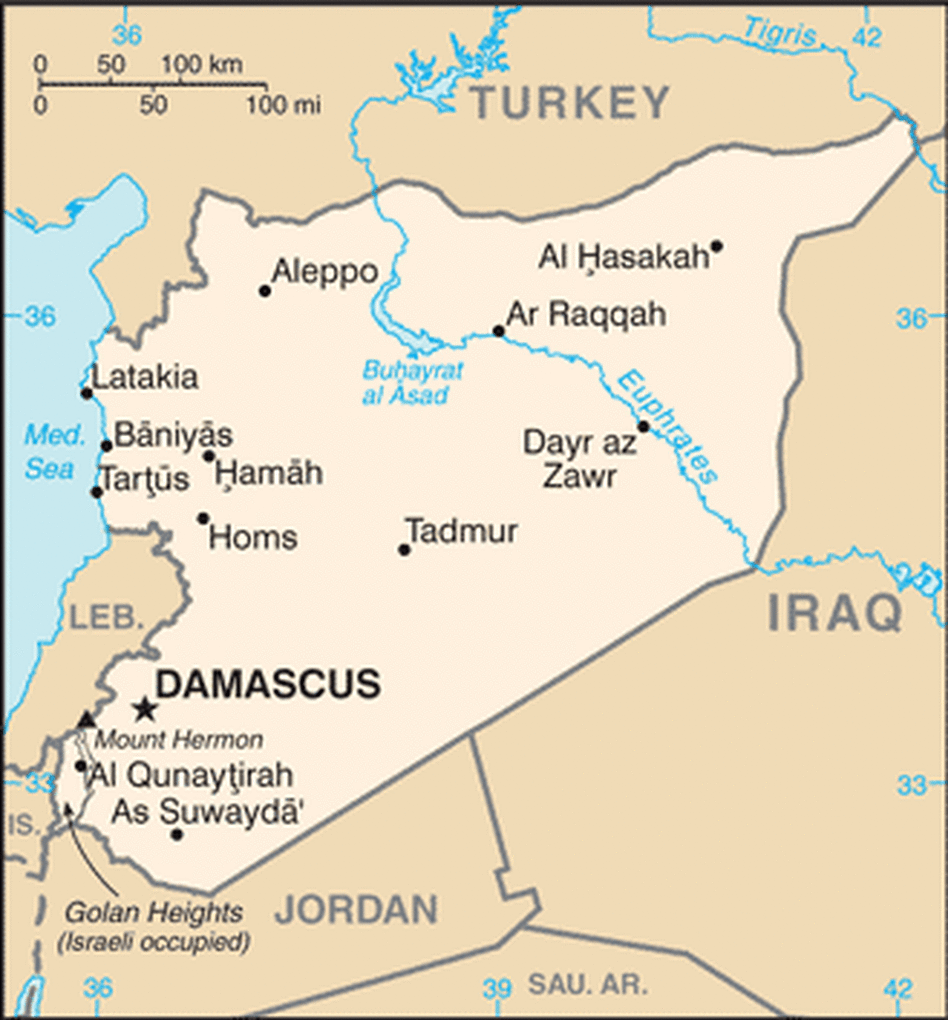 “Though many social, economic, and ecological problems can still be resolved locally, regionally, or nationally, an increasing number are transnational in scope and demand new expressions of human solidarity.”
“Though many social, economic, and ecological problems can still be resolved locally, regionally, or nationally, an increasing number are transnational in scope and demand new expressions of human solidarity.”
In a policy approved in 2006, the General Assembly named human solidarity as a strategic principle for promoting justice and sustainable human development, given the dramatic increase in global interdependence. Hope for a Global Future helps us understand why Bangladeshi workers cannot obtain livable wages and safe working conditions without our help.
Unbound is grateful to the Presbyterian Hunger Program (PHP) for its role in expressing human solidarity with Bangladeshi factory workers and to PHP coordinator, Ruth Farrell, for writing about it.
____________________________
“Seven cents a garment would provide garment workers a fair wage AND safe working conditions,” said Kalpona Akter, Executive Director of Bangladesh Center for Worker Solidarity, who had worked as a garment worker from the age of 13. Kalpona was on tour last month with Sumi Abedin, who survived the November 24, 2012 fire at Tazreen Fashions where 112 fellow workers died. As we read this week about the garment factory collapse that has killed over 675 people, the 6 degrees of separation are minimized to one. I see Sumi. I hear Sumi.
Sumi described the smoke, the chaos, and a fellow worker persuading her to crawl through a window to jump three floors. “I jumped to save my body, not my life,” she recalled, so her family would be able to identify her body and her death would be counted, not lost in the ashes. They jumped. To her surprise she survived the fall. She is healing physically, but emotionally it will be a long journey. I think this is a journey that you and I are invited to join her on to the extent that we can.
Sumi sewed clothes that are ultimately sold through Walmart and Gap. She came to the US to meet those executives — to say that her life counts and should not be sacrificed when 7 cents/garment more could result in a good job in a safe factory. Walmart and Gap refused to meet with them, but the two women were able to see the very clothes Sumi was making in stores and to meet university students and other North Americans who buy clothes. I think Sumi finally understood that most people don’t consciously think about the hands that make the clothes they buy. If they ever think about it, most people assume safe working conditions and a low, but livable, level of pay. I can only imagine that the emotional healing began when Sumi saw that most people would be willing to pay 7 cents/garment more so that workers have dignified pay and safe conditions.
 Much like the demands of the Coalition of Immokalee Workers (tomato pickers) who were forced to bypass the chain of suppliers for fair treatment and appeal directly to restaurants, grocery stores to sign the Fair Food Agreement, there is space for Walmart, Gap and other retail stores to sign agreements that directly benefit garment workers in wages and working conditions. United Students Against Sweatshops has the Bangladesh Fire and Building Safety Agreement online.
Much like the demands of the Coalition of Immokalee Workers (tomato pickers) who were forced to bypass the chain of suppliers for fair treatment and appeal directly to restaurants, grocery stores to sign the Fair Food Agreement, there is space for Walmart, Gap and other retail stores to sign agreements that directly benefit garment workers in wages and working conditions. United Students Against Sweatshops has the Bangladesh Fire and Building Safety Agreement online.
You can petition Walmart, Gap and others to not hide behind suppliers but to do the right thing.
The Presbyterian Hunger Program supports one of the hosts of the tour, SweatFree Communities, which works to assist sweatshop workers globally in their struggles to improve working conditions and form strong, independent unions. In addition to bringing the voices of sweatshop workers to North American students and people of faith as well as the media, SweatFree Communities helps campuses, towns, cities and states pass SweatFree Purchasing policies and ordinances to increase the demand for garments made in better conditions. Through support of work like this, we can be part of the healing process for Sumi and for the many others workers and families who are suffering, especially after these recent tragedies.
If you are interested in setting up speaking opportunities in your community for visitors like Sumi and Kalpona who speak about how trade, land grab, or extractives are impacting their communities and countries, send me an email at [email protected] so we can contact you as opportunities arise.
![Ruth Headshot[1]](https://justiceunbound.org/wp-content/uploads/2013/05/Ruth-Headshot1-150x150.jpg) Ruth Farrell has been the Coordinator for the Presbyterian Hunger Program (PHP) since September 2008. Prior to that, she worked for 10 years as a Mission Co-worker in Peru in trade justice issues with the free trade agreements as well as PHP’s Joining Hands fair trade project through which over 200 marginalized artisans formed cooperatives and exported as an alternative to the sweatshops and piecework available to them.
Ruth Farrell has been the Coordinator for the Presbyterian Hunger Program (PHP) since September 2008. Prior to that, she worked for 10 years as a Mission Co-worker in Peru in trade justice issues with the free trade agreements as well as PHP’s Joining Hands fair trade project through which over 200 marginalized artisans formed cooperatives and exported as an alternative to the sweatshops and piecework available to them.



Unbound Social